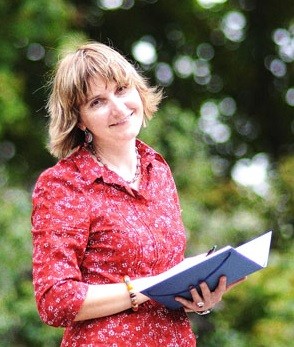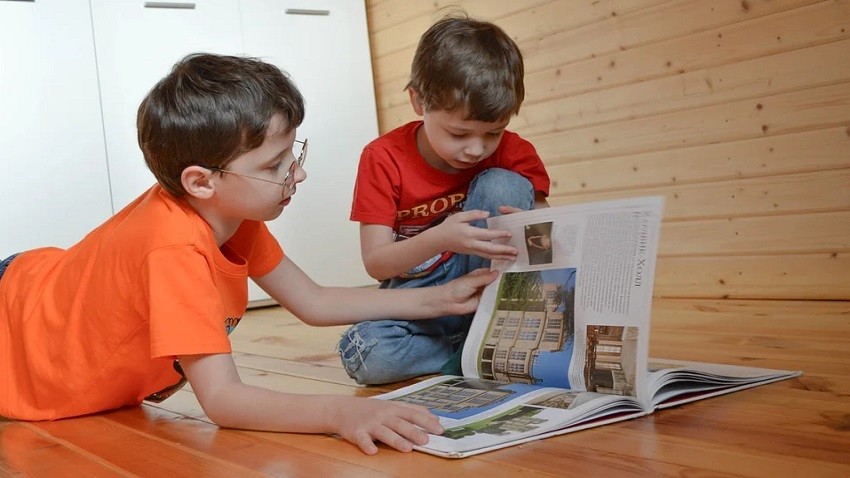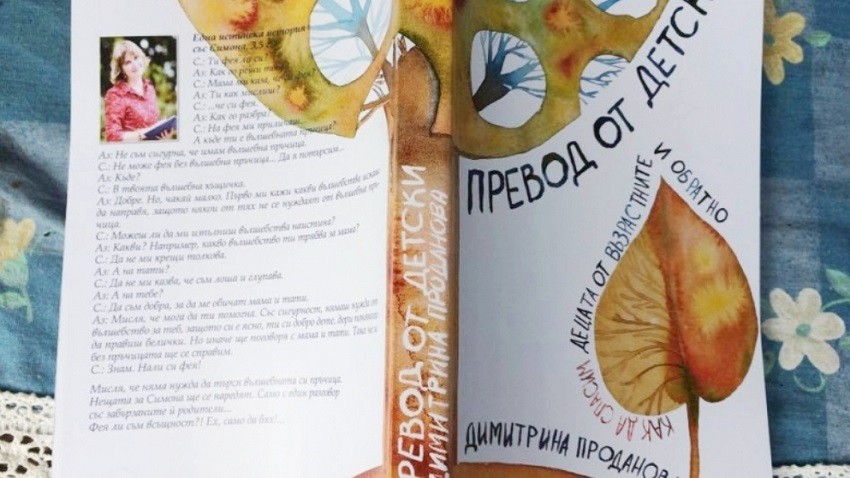When a 10-year-old girl likens herself to a caged wild monkey who does not know if she will ever be released again, all advice by psychologists, anthropologists, and psychotherapists seems to flow away downstream like a flotilla of impotent words.
Locked up in their homes because of the coronavirus, children learn, exercise, socialize and play indoors. However, what happens to their psyche as they live closed between four walls – with online schooling and online friendships?
 “It seems that for us, adults, the situation is much stranger than for our children, as they, being a digital generation, are accustomed to communicating not only face to face but also online," says child psychologist Dimitrina Prodanova in an interview for Radio Bulgaria. “What mostly affects the little ones is how their parents perceive the situation. And if they live with mothers and fathers submerged in the media flow and the constant news about the coronavirus, children also become anxious. That's why it's important for parents to focus on the positive aspects – for example, for the first time they can spend such an intense time with their family.”
“It seems that for us, adults, the situation is much stranger than for our children, as they, being a digital generation, are accustomed to communicating not only face to face but also online," says child psychologist Dimitrina Prodanova in an interview for Radio Bulgaria. “What mostly affects the little ones is how their parents perceive the situation. And if they live with mothers and fathers submerged in the media flow and the constant news about the coronavirus, children also become anxious. That's why it's important for parents to focus on the positive aspects – for example, for the first time they can spend such an intense time with their family.”
Dimitrina Prodanova believes it is most difficult for children from the 1st to the 4th grade as they usually go to swimming, drawing, dancing lessons and many other extracurricular activities and have practically lost their social life. Teens, on the other hand, tend to dramatize the situation, saying they are unable to see their friends.
Whether the dreaded word "coronavirus", which soars in the air and shakes with its image, can injure the fragile spirit of little children and adolescents, again depends on the adults – the emotions behind their words, whether they use the soothing diminutives to translate the situation into the child’s language, the explanations and the hope that the problems will go away. Moreover, death is increasingly gaining space in the emotions and thoughts coming from the TV screens – among us, on a nearby street, in a nearby town. And in this situation of confined spaces, of escalating anxiety, of lurking uncertainty, things that we thought were suppressed and ennobled could resurface and circumstances could prevail over one’s upbringing.

“Both good and bad things come out to the surface,” says psychologist Dimitrina Prodanova. “When a child is unable to respond to anxiety with a form of physical or creative activity, he or she may do it through aggressive behaviour. But at the same time, many children are beginning to think more globally, rejoicing that nature is becoming cleaner, that there is not so much gas in the air. Amid social isolation, they realize how much they love their younger siblings and say that the first thing they will do after the restrictions are over is to go to their grandparents. So there is a chance to cultivate meaningful values in our children – even regardless of us, adults.”
If it weren't for the pandemic that has confined all of us to our homes, at this point, we, the adults, could perfect ourselves in ... advanced children's language. In fact, "Translation from Children's Language for Advanced Learners" is Dimitrina Prodanova's second professional book - but its official launch was postponed due to the coronavirus. How to motivate children, how to increase their self-esteem, how to get them to read, and other helpful guidance is contained in this useful reading material for parents.

“When parents come to my office, I often tell them to read less what’s posted in online forums and ready-made psychological formulas, but instead, to hear their own children, their inner voice and intuition,” Dimitrina Prodanova advises. “It is very important that we trust our children's common sense and treat them with respect, not use a hyper-caring, over-mentoring approach. Because from one’s very birth, each person carries a grain inside which is their mature essence. And the issue is to connect to that part, not for the destructive one, which in turn provokes our destructiveness, as well."
English Rossitsa Petcova
Photos: private library and pixabayThe village of Novo Selo is located on the road between Veliko Tarnovo and Sevlievo. Here archaeologists have found tools used by people during the Chalcolithic, which testify to an active economic life in the area. There is also..
The mountain resort of Bansko is set to become the capital of mountaineering culture, adventure, and travel, featuring films, exhibitions, and presentations that detail the limits of human possibility. From November 19 to 23, the "Bansko Film..
The Bulgarian Embassy hosted the second concert of the 17th season of the Bulgarian Music Society in Washington. On 14 November, guests enjoyed a unique show by two world-class artists, both originally from Bulgaria: Desi Jordanoff, a folk dance master,..
Teodora Byalkova joined the Bulgarian Sunday school "Sts. Cyril and Methodius" in Athens in the 2022/23 school year. At that time, she..
The village of Novo Selo is located on the road between Veliko Tarnovo and Sevlievo. Here archaeologists have found tools used by..
From fear and doubts to joy and support – Bulgarians react differently to the upcoming introduction of the euro on January 1, 2026. For..

+359 2 9336 661
